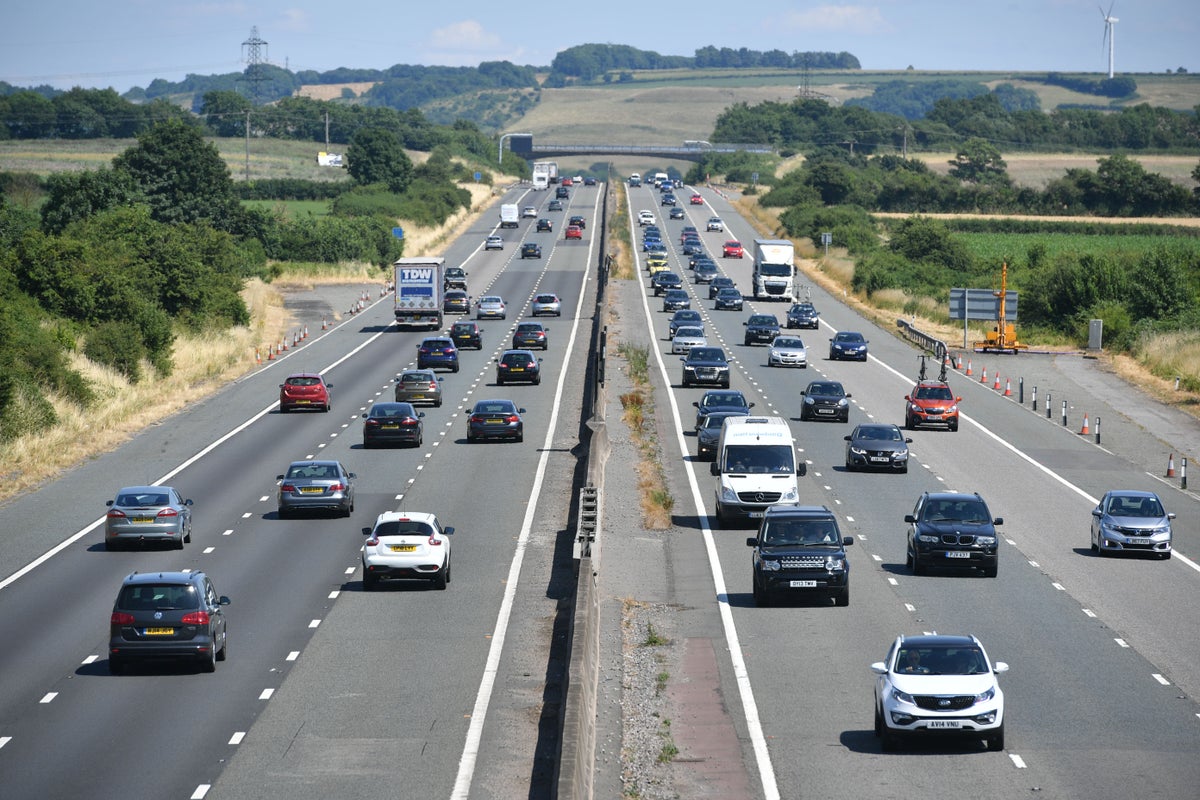The State of UK Vehicle Manufacturing: Challenges and Opportunities
The landscape of UK vehicle manufacturing has been rather tumultuous lately, primarily influenced by global economic shifts and uncertainties. Recent data from the Society of Motor Manufacturers and Traders (SMMT) highlights a significant decline in production, raising concerns about the future of the sector.
Declining Production Numbers
In the first half of this year, British car production fell by 7.3%, while the output of vans and other commercial vehicles experienced an alarming 45.4% drop. Such declines are not merely statistics; they underscore a broader trend of stagnation in a sector that plays a critical role in the UK economy. The repercussions of halted production lines and slowed manufacturing are felt not just in factory jobs but across the entire supply chain.
Trade Uncertainty and Economic Pressures
Manufacturers have cited global economic unpredictability and looming US tariff threats as prime reasons behind their struggles. This uncertainty has forced several manufacturers to slow down or even pause production efforts. As SMMT Chief Executive Mike Hawes pointed out, while these figures aren’t entirely unexpected, they are still quite discouraging for an industry that has enjoyed robust growth in the past.
Hope on the Horizon with New Trade Deals
Despite current challenges, there are glimmers of optimism. Recently, a new trade deal struck between Prime Minister Sir Keir Starmer and US President Donald Trump is being viewed as a potential foundation for future growth. This agreement could pave the way for stronger ties and collaborations within the automotive sector, enhancing supply chains and fostering innovation.
Shift Towards Electric Vehicles
While the overall production numbers remain bleak, there is a notable trend in the shift towards electric vehicles (EVs). In fact, the number of electric cars manufactured in the UK increased by 1.8%, with EVs now accounting for a record 41.5% of all cars produced in the first half of 2025. This shift indicates that while traditional vehicle manufacturing is in decline, the industry is gearing up for a technological transformation that could ultimately reshape the future of mobility.
Government Initiatives to Boost Electric Vehicle Adoption
To further encourage this transition, the UK government recently announced the reintroduction of grants for new electric vehicles, after discontinuing them in June 2022. Drivers can now reduce the purchase cost of an electric vehicle by up to £3,750, making it a more viable option for many. This initiative is particularly targeted at vehicles costing up to £37,000, and with 33 new electric car models available for under £30,000, the government aims to make the switch to electric motoring more accessible.
Future Legislation on Vehicle Sales
In line with promoting electric vehicles, the government has also committed to banning the sale of new fully petrol or diesel cars and vans from 2030. Transport Secretary Heidi Alexander highlighted that this electric vehicle grant would not only help consumers save money but also present an opportunity for the automotive sector to capitalize on one of the significant shifts of the 21st century.
Building a Sustainable Automotive Future
The UK automotive industry possesses strengths in engineering excellence, a highly skilled workforce, and a solid international reputation. All these attributes could serve as essential pillars for a resurgence in manufacturing and job creation. As the industry pivots towards electrification, there are expectations for reviving growth, generating employment, and contributing to the decarbonization goals set by the government.
The road ahead for UK’s vehicle manufacturing is undoubtedly challenging, yet the focus on technological advancement and supportive government measures provides a pathway that could lead to a more sustainable and resilient future in the automotive sector.



